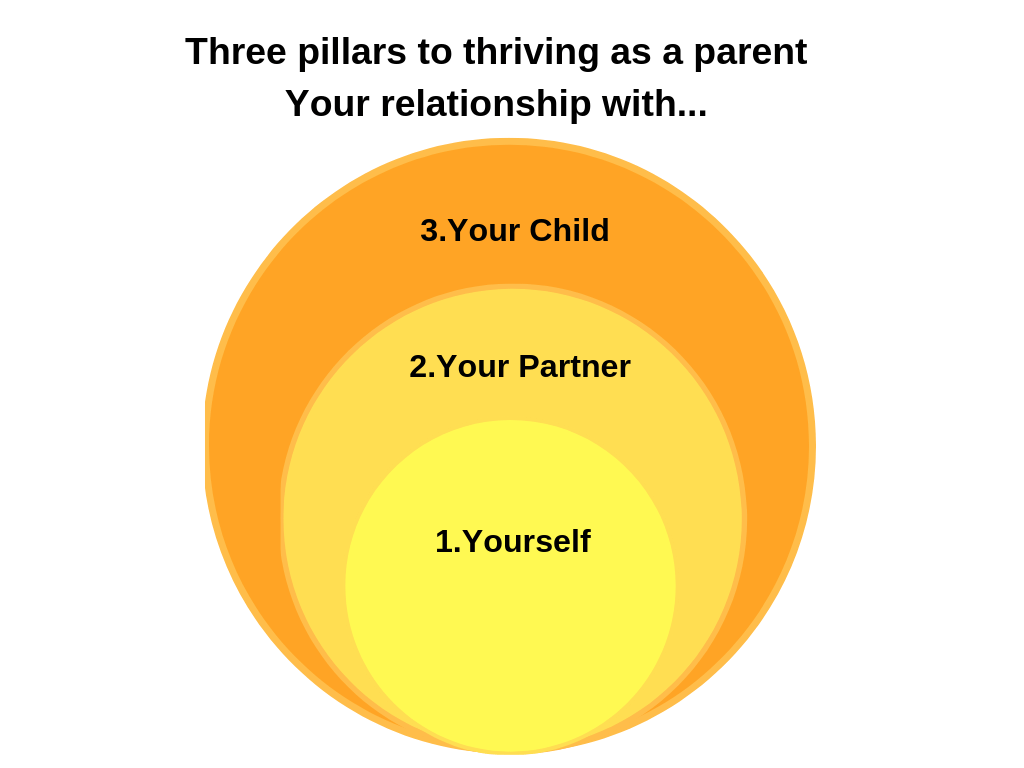Do You Have a Child that Pushes Your Buttons?
He (or she) is determined to do the things that annoy you, again and again and AGAIN. He can be the sweetest child in one moment and his passion for something he likes to do, is contagious. Then there’s this side to him that can’t stop taking a game too far with his sister, to the point where she ends up in tears.
He won’t slide across the seat in the car and makes siblings climb over him and when you’re leaving the house, the shop, supermarket, school or friend’s house, he. never. comes. until. he. is. ready.
You stand on the sidelines, shaking your head from side to side muttering, “can you believe he is doing it again?”
Angela came to me concerned about her husband’s response to their son, Buddy, crushing Buddy’s spirit. Buddy would continually say No to requests and her husband, John, felt disobeyed and angry. John was worried that Buddy wouldn’t fit in at school and work, later in life, if he didn’t know how to follow simple instructions. The conflict and resentment between them was growing.
Through doing his leadership assessment, it became evident to John many of his motivations were opposite to Buddy’s, resulting in the conflict. I asked if they’d considered Buddy to be a budding entrepreneur, inventor or innovator. Being different to most others, being able to work out strategies (to wind others up!), doing what he chooses regardless of what others are doing. All game changing qualities if nurtured in a resourceful way.
How do you spot a game changer and then encourage one, without going crazy yourself?
A London based group led by Dr. John Mervyn-Smith led research into the anatomy of a game changer and discovered there were two main attributes – Imaginativeness and Productive Obsessionality.
“Imaginativeness is creative thinking associated with the desire to “do things differently.”
Productive Obessionality: is the ability to become highly focused. It is about getting “in the flow” and having a healthy, all absorbing passion that helps to solve problems.
Imaginativeness and creativity is often associated with being difficult and unreliable. Equally, Obessionality is often associated with self-defeating compulsive behaviors. To be both original and dedicated to a practical outcome in work is indeed rare.”
What can you do as a parent to lead your child?
Keep your perspective in check. It’s hard to see the bigger game field when you are in the trenches, dealing with the day to day dramas. For children like these the playing field can be a lonely place because their behaviours can often do the opposite of what they intend and push people away.
Stand firm in your values like being kind, being honest, being considerate, whilst acknowledging and encouraging the behaviours that will eventually help them find their crowd. This will let them know you see them on the field, you are right there with them and that they are not alone.
Acknowledge the usefulness of the behaviour in the first instance, so your child feels understood. Find a context in which the ‘challenging’ behaviour is useful. For example, when your child doesn’t want to slide across the car seat to let their sibling sit down, you can say, “I love that you know where you want to sit (acknowledgment) and we are considerate (value) in our family. Next time, can you please slide across?”
Every behaviour has a usefulness. Somewhere where it makes sense. As a parent leader, we have the adventure of helping children to find the place where their behaviour makes sense.

